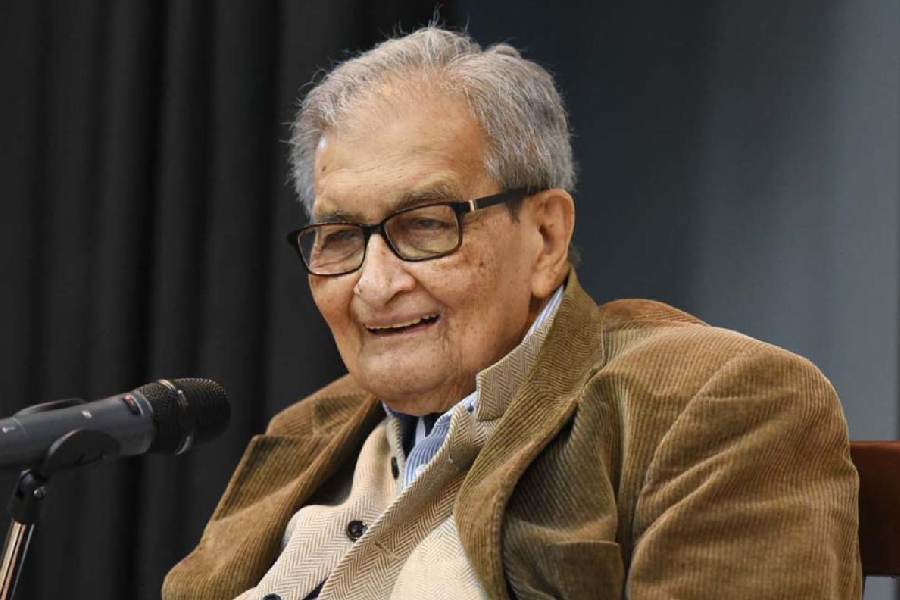Jahanvi Agarwal
Nobel laureate Amartya Sen expressed concerns about replacing the British-era Indian Penal Code (IPC) with the Bharatiya Nyaya Sanhita (BNS), stating that the change is not a “welcome” one due to a lack of consultation with all stakeholders. Sen emphasized that implementing such significant reforms without engaging in thorough discussions with all affected parties cannot be considered a positive development.
“Any move to usher in such a change with the help of the majority sans any discussion with all sides concerned, cannot be labelled as a welcome change, good change, and this augurs well by me,” Sen remarked in Santiniketan, West Bengal.
He also pointed out the diverse challenges faced by different states in India, highlighting that the issues in one region might not be the same in another. “There has not been any evidence that wide-ranging talks had preceded before enacting this (BNS) with all the stakeholders. Also, in this vast country, the problems faced by a state like Manipur and another state, say Madhya Pradesh, cannot be the same,” he said.
The new criminal laws, including the Bharatiya Nyaya Sanhita, Bharatiya Nagarik Suraksha Sanhita (BNSS), and Bharatiya Sakshya Adhiniyam (BNA), were implemented on July 1. These laws were passed by Parliament in December last year amidst the suspension of a record number of members from both the Rajya Sabha and Lok Sabha, as MPs demanded a statement from Union Home Minister Amit Shah regarding the Lok Sabha security breach earlier that month. These legislations have replaced the colonial-era Indian Penal Code, Code of Criminal Procedure (CrPC), and Indian Evidence Act.

